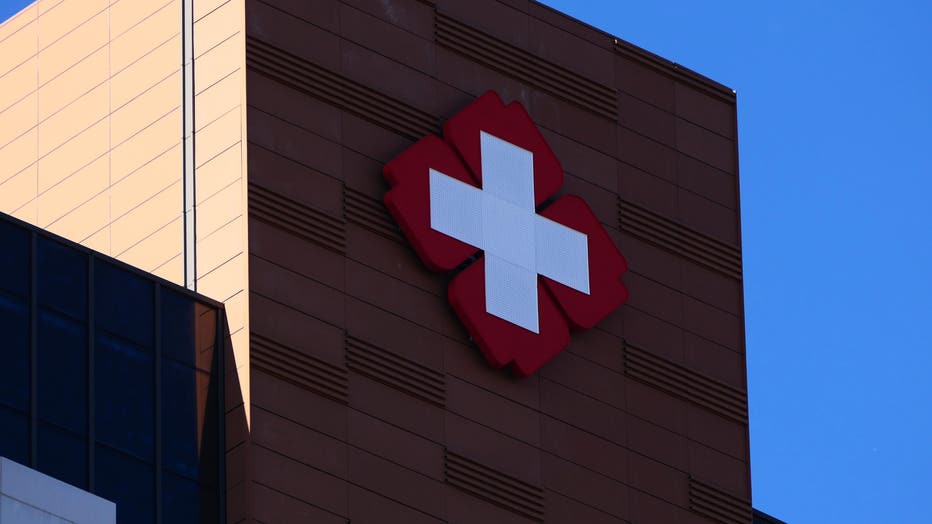What is HMPV? China reportedly monitoring surge in respiratory virus cases
Is it the flu or is it COVID?
A quicker, easier way to diagnose common respiratory illnesses this season is available. At-home tests that can tell you if you have the flu or COVID-19 in just one swoop are readily available as the holiday season approaches, cutting out the need for doctor or urgent care visits. Dr. Annette Esper, Professor at Medicine at Emory University School of Medicine, joined LiveNOW from FOX to discuss.
China is reportedly monitoring an uptick in Human metapneumovirus (HMPV) cases, but there’s been no confirmation of a new outbreak or emergency linked to the typically mild respiratory virus.
Photos and videos on social media showing crowded hospitals in China have sparked concerns five years after the COVID-19 pandemic began in the same way. Infectious disease experts told The Toronto Star it’s likely not something to be worried about.
Reuters reported that China has seen a rise in cases of HMPV among people under the age of 14, which is not uncommon this time of year.
RELATED: Norovirus outbreak: How to protect yourself from the ‘winter vomiting bug’
"It’s a little hard to tell from here," Dr. Allison McGreer, an infectious disease specialist at Toronto’s Mount Sinai Hospital, told the outlet. "But I think what’s happening in China is just a normal winter season — unpleasant and deadly for a lot of people, but not abnormal."

FILE - A general view of a hospital in China, where there are reports of a surge in respiratory viruses. (Photo by VCG/VCG via Getty Images)
What is human metapneumovirus (HMPV)?
According to the American Lung Association, human metapneumovirus (hMPV) is a leading cause of acute respiratory infection. It was discovered in the Netherlands in 2001.
Most children who get infected with hMPV are age 5 or younger. A small number of children infected will develop a lower respiratory tract infection such as pneumonia.
RELATED: Bird flu latest: California declares emergency as US reports 1st severe human case
Children, people with weakened immune systems and the elderly are most susceptible to developing complications from hMPV infection.
It’s spread by close contact with someone who’s infected or by coming in contact with a contaminated area.
HMPV symptoms
HMPV symptoms are similar to a mild cold. They include:
- Cough
- Runny nose or nasal congestion
- Sore throat
- Fever
In more severe cases, patients may wheeze and have difficulty breathing. It can also cause secondary lower respiratory infections like bronchiolitis, bronchitis or pneumonia, which require additional medical care.

